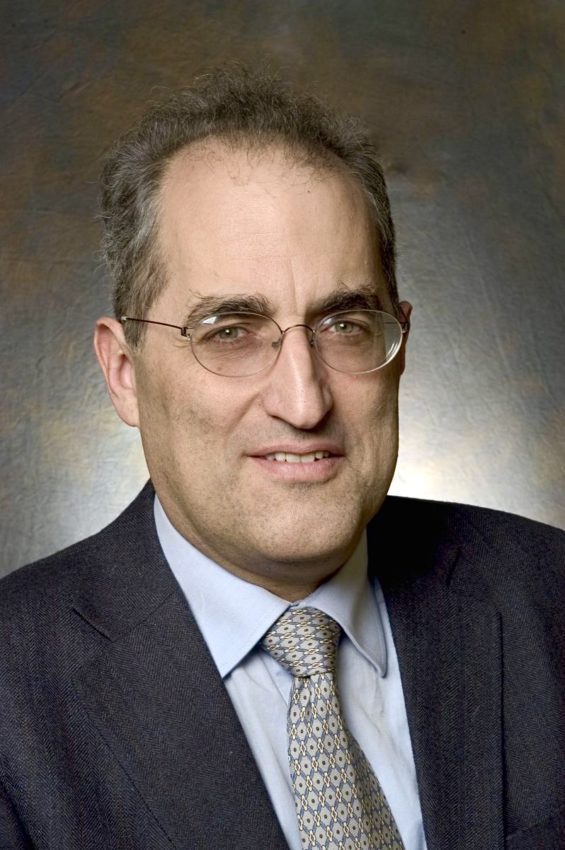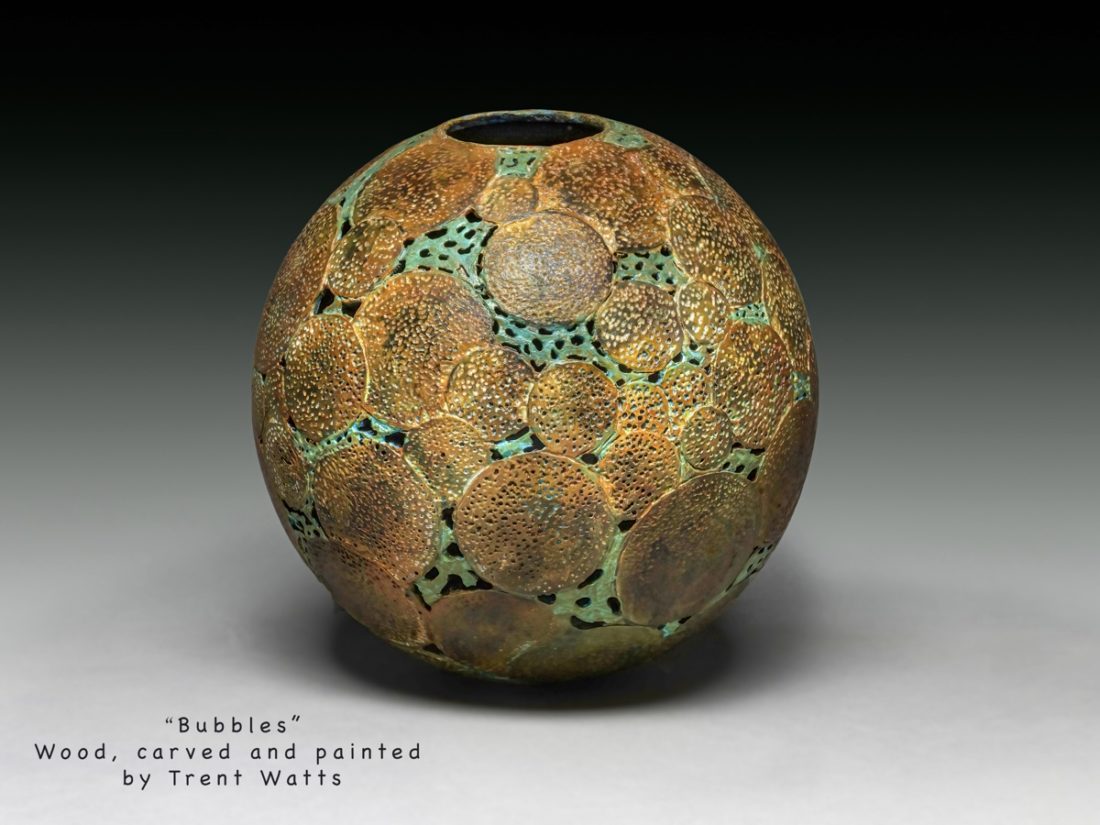
On Nov. 16, faculty, undergraduate and graduate students at the University of Saskatchewan received a lecture from one of the most highly decorated scientists alive.
This speaker, Professor Edward Witten of the Institute for Advanced Study in New Jersey, is widely known for his contributions to the fields of mathematics and physics. Over 130 people from a variety of fields of study and countries joined the Zoom meeting to hear Witten discuss knots and gauge theory, which are fundamental to quantum physics.
Professor Steven Rayan of the department of mathematics and statistics, who emailed Witten asking him to present to students, told the Sheaf that he found the lecture “extremely inspiring.”
“Edward Wiitten’s lecture was just a real tour de force. I mean, I think just the number of different areas of physics and mathematics he brought into just one talk was really awe-inspiring,” Rayan said.
Rayan is the director of the Centre for Quantum Topology and its Applications, known as quanTA, which sponsored the event. quanTA was started in 2019 and gathers interdisciplinary faculty and students at the U of S working on quantum innovation, the branch of science that studies matter and energy at the subatomic level.
Knot theory describes the geometry of knots, and in quantum physics, is used to describe the possible pathways subatomic particles may travel through spacetime. A gauge theory (think of gauges of measurement) is a theory that, with
Witten’s lecture is the second annual Peter Scherk Lecture in Geometry, established by quanTA in 2019.
When the Nazi regime began in Germany in 1933, Peter Scherk, a Jewish mathematician, was studying at the University of Goettingen. Shortly after the state dismissed all Jewish civil servants, including university faculty, Scherk fled Germany and eventually immigrated to the United States.
Scherk struggled to find long-term employment in academia until he was offered a teaching position at the U of S, where he remained from 1943 to 1959.
“I personally felt that Peter Scherk’s story was not emphasized enough in the history of mathematics here in Saskatchewan,” Rayan said.
While the lecture series was initially intended to occur in-person, Rayan says that quanTA decided to try a virtual format as the COVID-19 pandemic threatened to postpone the event for a second year otherwise.
Rayan says that quanTA was pleased to find that the virtual format enabled participation from around the globe, with some attendees at Witten’s lecture based outside of Canada.
“There’s something really, really nice about that… that we were meeting people who normally [would be] attracted to the research, but maybe we wouldn’t normally be in contact with,” Rayan said.
Shawn McAdam, a fourth-year student majoring in mathematics and computer science, and president of the Mathematics and Students Society, was unfamiliar with Witten’s work prior to the lecture, but appreciated the opportunity to hear him lecture.
McAdam says that he and other students he has spoken to feel that “even if we don’t understand what’s going on, it’s still motivational to see where we could be.”
“I think it’s really cool that [Rayan] is putting together talks involving big names such as Edward Witten. I think that goes a long way to make the University of Saskatchewan a more valuable university — or at least a more respected one — and I think that trickles down to making my degree more valuable as well,” McAdam said.
Rayan says the greatest takeaway from the talk was that, regardless of the high-level physics and mathematics that was discussed, Witten’s contributions to mathematics and physics have resulted from persistent curiosity.

“There wasn’t this knowledge from the beginning about how everything was going to play out and how everything fits together,” Rayan said. “Rather, you really got the idea that he was playing around with a lot of things and that he was very inquisitive and that an answer to one question led him to a new question.”
“Daily, persistent work on little questions was forming something much bigger and I think that that’s a great takeaway for everyone who’s in the audience: you shouldn’t be afraid to tinker.”
—
A previous version of this article incorrectly spelled Professor Witten’s name as “Whitens” and stated the year quanTA was started as 2018 rather than 2019.
We apologize for these errors. If you spot any errors in an article, please email them to copy@thesheaf.com for correction.
Sandra LeBlanc | News Editor
Photos: As Credited
Leave a Reply